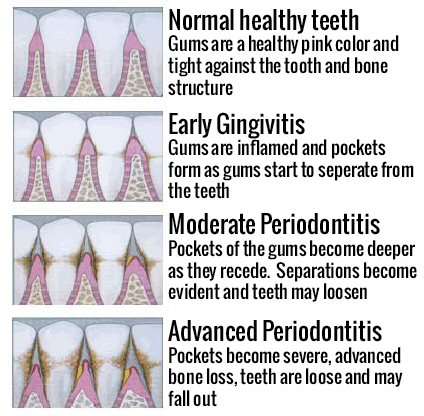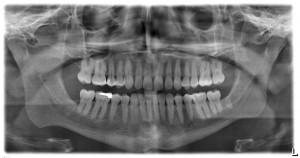 You’re at the movies munching some popcorn, bite down on something hard, hear a crack and instead of a popcorn kernel, it’s part of a tooth. Or during a game of football with his friends, your ten year old comes running in with his front tooth in his hand instead of his mouth. Do you know what to do when there is a dental emergency?
In the case of a chipped or fractured tooth there are varying degrees of severity. If the tooth is only slightly chipped, usually you can wait until regular office hours to see your dentist. Just exercise caution so you don’t cut your lips, tongue or the inside mouth tissue if the chipped area is rough or jagged.
You’re at the movies munching some popcorn, bite down on something hard, hear a crack and instead of a popcorn kernel, it’s part of a tooth. Or during a game of football with his friends, your ten year old comes running in with his front tooth in his hand instead of his mouth. Do you know what to do when there is a dental emergency?
In the case of a chipped or fractured tooth there are varying degrees of severity. If the tooth is only slightly chipped, usually you can wait until regular office hours to see your dentist. Just exercise caution so you don’t cut your lips, tongue or the inside mouth tissue if the chipped area is rough or jagged.
If there is damage to the enamel, pulp or tissue immediately rinse your mouth with warm water and apply a cold ice pack to the outside cheek to reduce any potential swelling. Take an over the counter ibuprofen pain medication to help relieve discomfort and try to eat neutral temperature soft foods and drink room temperature beverages. Then call your dentist as soon as the office is open for a same day appointment.
If a tooth has been knocked out, it is imperative to see your dentist within the hour. Handle the tooth from the top only and gently rinse under tepid tap water to remove any dirt or blood. The tooth must not be allowed to dry out. If possible place the tooth inside the mouth between the cheek and gum or loosely wrap in gauze and soak in either milk or saline. In additional to time being of the essence in trying to have the tooth repaired, a dentist will also need to check for any remaining pieces which could break loose and be swallowed.
To discuss the Ellis Dental emergency procedures, please contact our office today for more information.
Photo credit

















